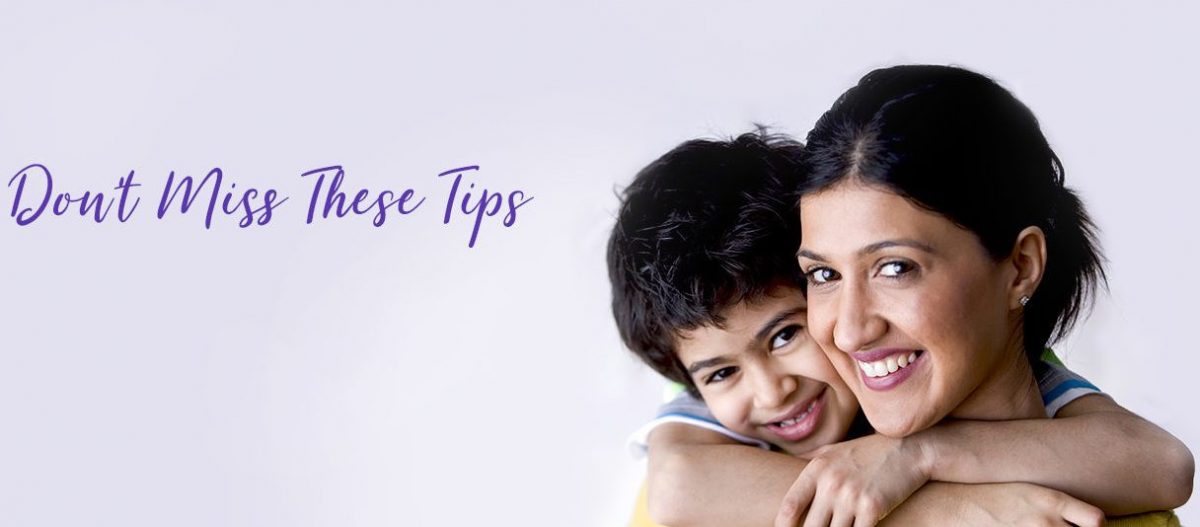I have a six-month-old boy who was born prematurely at 30.5 weeks. He has a slight squint in the left eye. Is it because of prematurity? Can it be rectified?
The squint may or may not be due to prematurity. There is nothing that can be done about it at the moment though it is good to remain in touch with an ophthalmologist. The squint may disappear on its own as the child grows older. If this does not occur, the ophthalmologist will prescribe some eye exercises to overcome the muscle weakness, for that is the commonest cause of squint. These exercises have to be done diligently to preserve binocular vision. If exercises fail surgery might be of help.
Children with a squint should be operated upon early as delay in treatment could result in lifelong monocular vision instead of the normal binocular vision. This is because the brain will register only the images sent by the straight eye and ignore those sent by the defective eye. If untreated, the eye with the squint is eventually left with no useful vision. Any correction done later than eight years of age will only be for cosmetic purposes. Your ophthalmologist is your best guide.
As it is difficult to go to the doctor for every little infection please tell me how should I treat my three- year-old daughter at home and when is the right time to visit a doctor?
Treat a mild fever, congestion, coughing, and a sore throat with lots of fluids and rest. If she seems uncomfortable, children’s acetaminophen can help reduce the fever (follow directions carefully), but avoid cough and cold medicines.
They don’t really help, the dosage can be confusing and might lead to an overdose. Use saline drops or spray to moisturise your child’s nasal passage ways and an aspirator to remove excess mucus. Most kids bounce back within five to seven days. If she does not improve with the above, if her fever rises and she develops spots, breathlessness or any other untoward symptoms please take her to the pediatrician.
My son is five years old. He gets tummy ache off and on which is often accompanied by vomiting and diarrhoea, which leave him weak. Please tell me what to do in such a situation.
The condition is called gastroenteritis usually caused by viruses and bacteria. Most stomach infections clear up within a few days to a week and require nothing more than rest and tender loving care. You should make sure your child is drinking enough fluids to prevent dehydration. The biggest mistake most parents make is giving too much liquid at once, which a sick child may not be able to hold down. Start with just a tablespoon of an electrolyte solution every 15 minutes and slowly increase the amount. If your child prefers juices, water it down by half since they are high in sugar and can exacerbate diarrhoea.
Once he feels like eating, offer him small amounts of bananas, khichri or toast. Feeding him curds is a good idea as it is high in probiotics (which promote healthy flora in the gut) and contains less sugar.
If he keeps these down, slowly return to regular meals. Dehydration must be prevented at all costs. If the condition deteriorates you must take him to the doctor, for he may need a drip and antibiotics.
My daughter returned from play yesterday with her eyes all red and watery. I made her splash water and put her to sleep. In the morning there was yellowish crust that stuck her eyelids together. Though I cleaned them open with a wet cotton swab, I am alarmed. Please tell me what to do?
This inflammation of the tissue lining the eyelids (also called conjunctivitis) causes redness, yellowish discharge, blurry vision, and crusty eyes. Pinkeye in younger kids is most often caused by a bacterial infection, which must be treated with antibiotic drops.
It can also result from a virus, which doesn’t require medication, or allergies or an irritant in the air, which can be addressed with allergy eyedrops.
Your child shouldn’t return to class until she’s been treated for at least 24 hours. Have her wash her hands regularly and avoid touching her eyes and sharing hand towels, blankets, or pillows, so she doesn’t infect anyone else in your home.
My daughter had recently developed an embarrassing habit of scratching her bottom, even in public though I keep scolding her and slapping her hand away. Why does she do that?
The poor girl cannot help herself. She is probably suffering from pinworms.
Poor hygiene could be a cause for the prevalence of these tiny parasites. When an infected child scratches her bottom and doesn’t clean her hands, she can easily pass them on to other kids. They in turn get infected when they put their hands in their mouths.
The eggs move down the digestive system, hatch and lay their eggs around the anus leading to intense itching. Your doctor will give you special tape to affix at night and will analyse it for pinworms and eggs. Only one or two doses of prescription medication are needed to get rid of them, but you’ll have to wash her towels and bedding in hot water.


